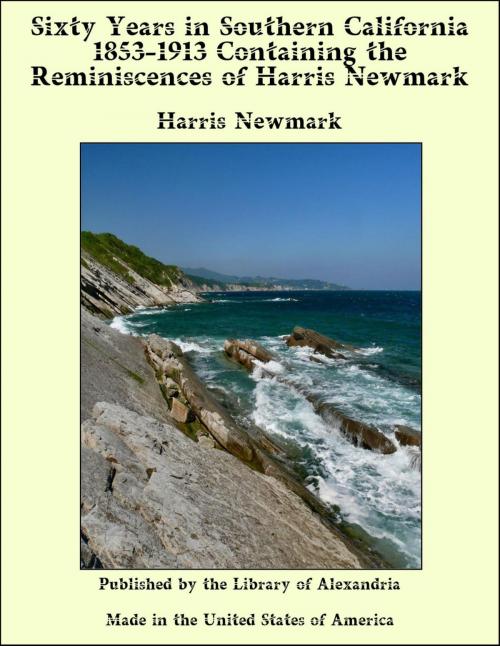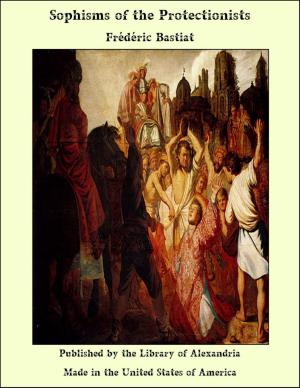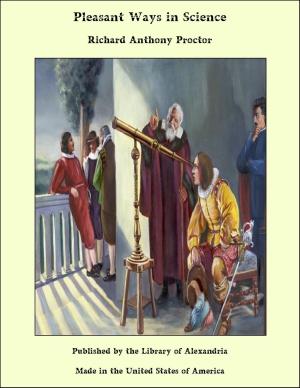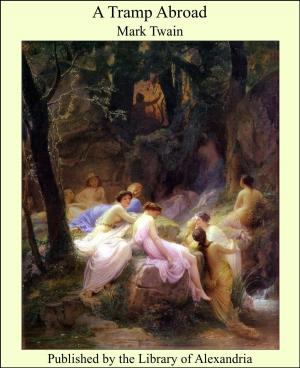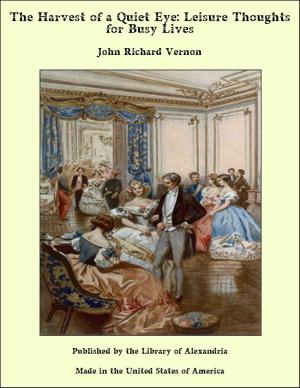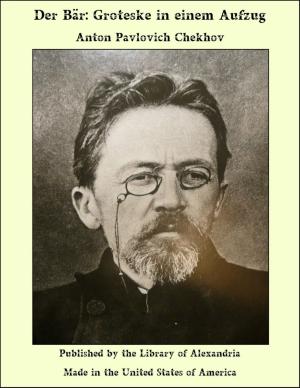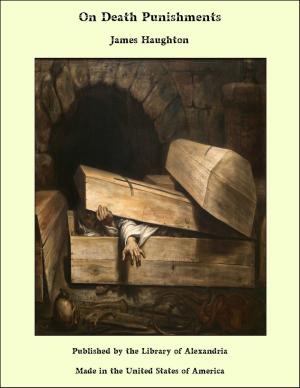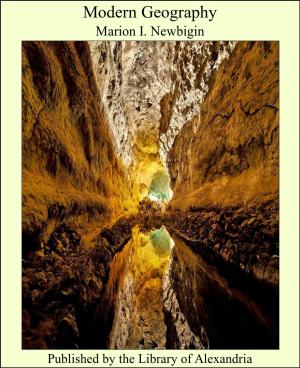Sixty Years in Southern California 1853-1913 Containing the Reminiscences of Harris Newmark
Nonfiction, Religion & Spirituality, New Age, History, Fiction & Literature| Author: | Harris Newmark | ISBN: | 9781465581464 |
| Publisher: | Library of Alexandria | Publication: | March 8, 2015 |
| Imprint: | Language: | English |
| Author: | Harris Newmark |
| ISBN: | 9781465581464 |
| Publisher: | Library of Alexandria |
| Publication: | March 8, 2015 |
| Imprint: | |
| Language: | English |
Several times during his latter years my friend, Charles Dwight Willard, urged me to write out my recollections of the five or six decades I had already passed in Los Angeles, expressing his regret that many pioneers had carried from this world so much that might have been of interest to both the Angeleño of the present and the future historian of Southern California; but as I had always led an active life of business or travel, and had neither fitted myself for any sort of literary undertaking nor attempted one, I gave scant attention to the proposal. Mr. Willard's persistency, however, together with the prospect of coöperation offered me by my sons, finally overcame my reluctance and I determined to commence the work. Accordingly in June, 1913, at my Santa Monica home, I began to devote a few hours each day to a more or less fragmentary enumeration of the incidents of my boyhood; of my voyage over the great wastes of sea and land between my ancestral and adopted homes; of the pueblo and its surroundings that I found on this Western shore; of its people and their customs; and, finally, of the men and women who, from then until now, have contributed to the greatness of the Southland, and of the things they have done or said to entitle their names to be recorded. This task I finished in the early fall. During its progress I entered more and more into the distant Past, until Memory conjured before me many long-forgotten faces and happenings. In the end, I found that I had jotted down a mass of notes much greater than I had expected. Thereupon the Editors began their duties, which were to arrange the materials at hand, to supply names and dates that had escaped me, and to interview many who had been principals in events and, accordingly, were presumed to know the details; and much progress was made, to the enlarging and enrichment of the book. But it was not long before they found that the work involved an amount of investigation which their limited time would not permit; and that if carried out on even the modest plan originally contemplated, some additional assistance would be required.
Several times during his latter years my friend, Charles Dwight Willard, urged me to write out my recollections of the five or six decades I had already passed in Los Angeles, expressing his regret that many pioneers had carried from this world so much that might have been of interest to both the Angeleño of the present and the future historian of Southern California; but as I had always led an active life of business or travel, and had neither fitted myself for any sort of literary undertaking nor attempted one, I gave scant attention to the proposal. Mr. Willard's persistency, however, together with the prospect of coöperation offered me by my sons, finally overcame my reluctance and I determined to commence the work. Accordingly in June, 1913, at my Santa Monica home, I began to devote a few hours each day to a more or less fragmentary enumeration of the incidents of my boyhood; of my voyage over the great wastes of sea and land between my ancestral and adopted homes; of the pueblo and its surroundings that I found on this Western shore; of its people and their customs; and, finally, of the men and women who, from then until now, have contributed to the greatness of the Southland, and of the things they have done or said to entitle their names to be recorded. This task I finished in the early fall. During its progress I entered more and more into the distant Past, until Memory conjured before me many long-forgotten faces and happenings. In the end, I found that I had jotted down a mass of notes much greater than I had expected. Thereupon the Editors began their duties, which were to arrange the materials at hand, to supply names and dates that had escaped me, and to interview many who had been principals in events and, accordingly, were presumed to know the details; and much progress was made, to the enlarging and enrichment of the book. But it was not long before they found that the work involved an amount of investigation which their limited time would not permit; and that if carried out on even the modest plan originally contemplated, some additional assistance would be required.
